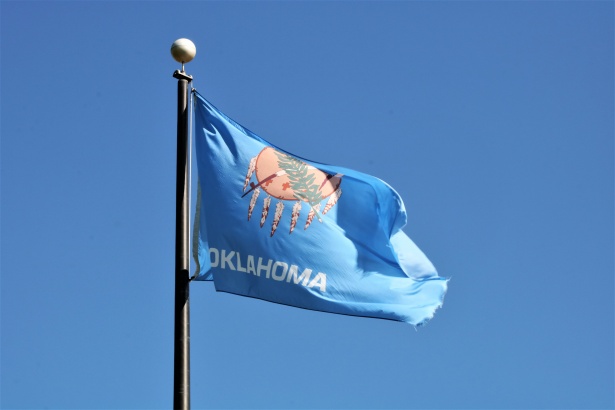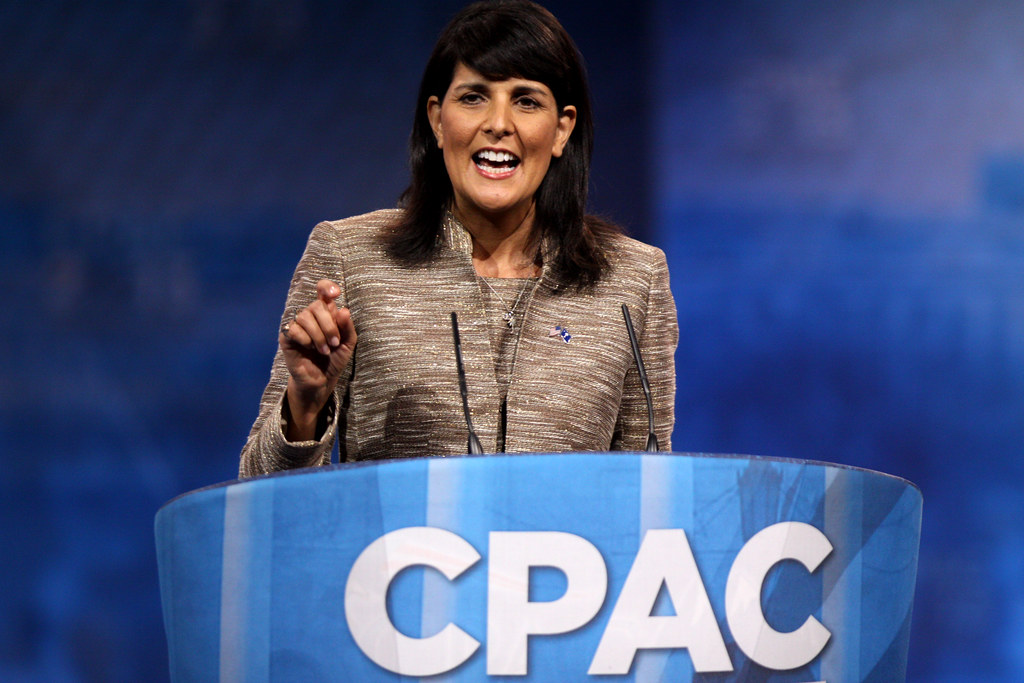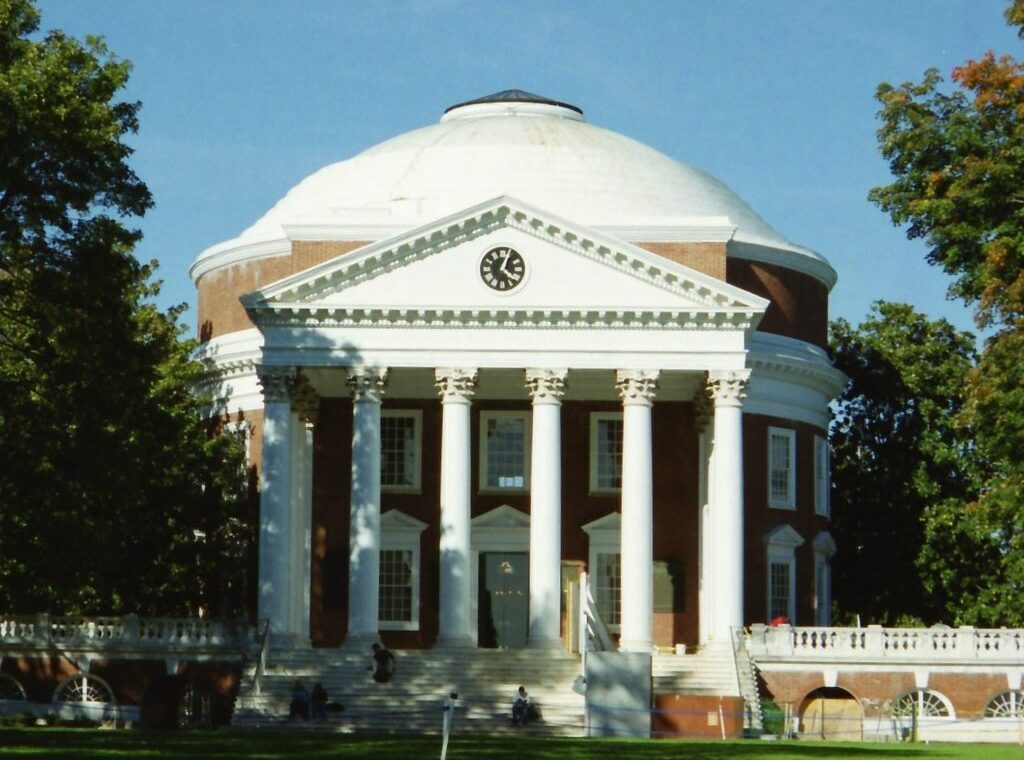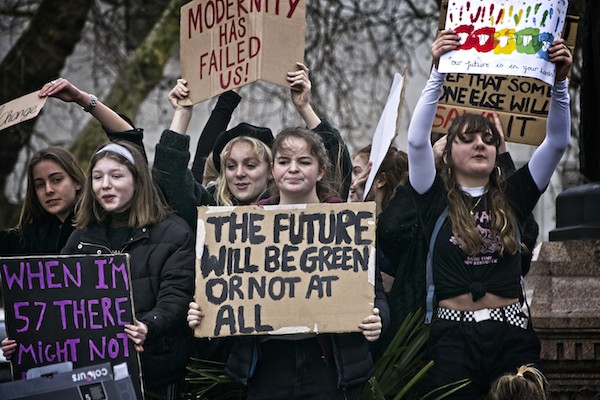Oklahoma considers separating state and federal elections if voting rights acts pass
A combination of the John R. Lewis Voting Rights Advancement and Freedom to Vote Acts was passed in the House of Representatives but held up in the Senate last January. President Biden has continued urging congress to pass the voting legislation which would mandate same-day voter registration, online voter registration, and restore voting rights for people convicted of felonies after leaving prison. However, a Republican Representative from Piedmont, Oklahoma is ready to oppose what she considers to be federal overreach into the states right
Nikki Haley announces presidential campaign, challenging Trump
Nikki Haley, the former United Nations ambassador and South Carolina governor, has announced her candidacy for President. With her announcement Haley has become the first major challenger to former President Donald Trump for the Republican nomination. This decision marks a change for Haley, who previously said she would not challenge Trump if he decided to run for the White House. If elected, Haley would become both the nation's first female president and the first United States President of Indian descent. Visit Associated Press to learn
The Shocking Decline of Senate Ticket-Splitting
Over the past two decades, “ticket-splitting” in Senate elections, where voters cast separate votes for candidates of different political parties, has declined significantly. This decline in split ticket voting has been consistent since the 1990s as more voters have been drawn to an “all or nothing” stance in elections. The change in voting behavior has bolstered congressional polarization and research from the University of Virginia Center for Politics indicates that this trend is expected to continue in future elections. Visit UVA Center for Politics to learn
Democrats vote to change order of 2024 presidential primary
The Democratic Party approved the reordering of its 2024 presidential primary, changing the location of its first primary election from Iowa to South Carolina. The shift is meant to empower black and other minority voters who are critical to the Democratic base. The new plan, championed by President Joe Biden, would have South Carolina lead off with its primary on February 3rd, followed by New Hampshire and Nevada three days later. Advocating his support for the new primary schedule, party chairman Jaime Harrison said,
Gen Z’s political power: new data gives insight into America’s youngest voters
Gen Z voters turned out at historic rates in the recent midterm election. In fact, Gen Z and millennial voters achieved their highest rate of voter turnout in history with the exception of the 2018 election. A newly obtained post-election report on Gen Z conducted by the education advocacy organization, Murmuration, the Walton Family Foundation, and the public opinion firm SocialSphere sheds a light on what young voters are focused on as they cast their ballots in increasingly high numbers. The main findings of





